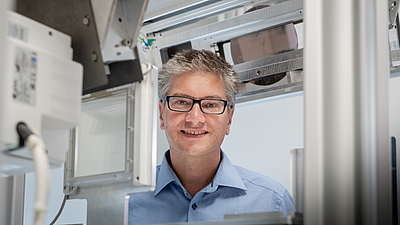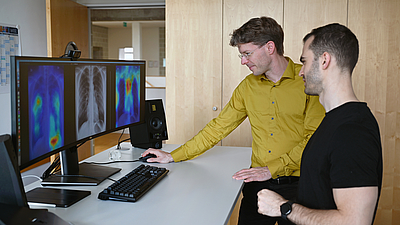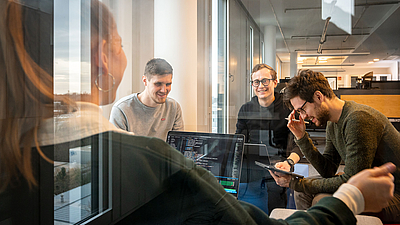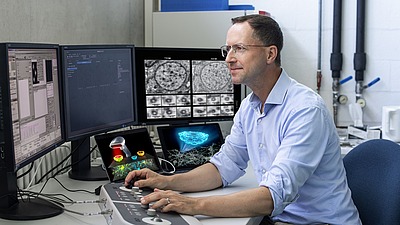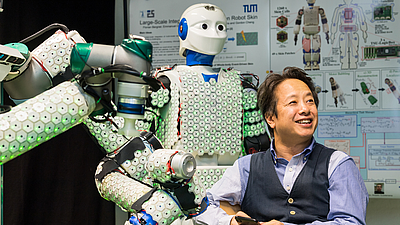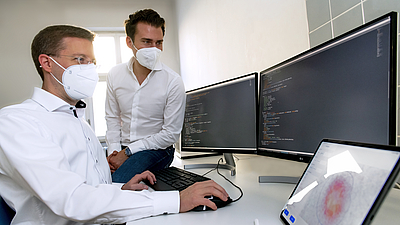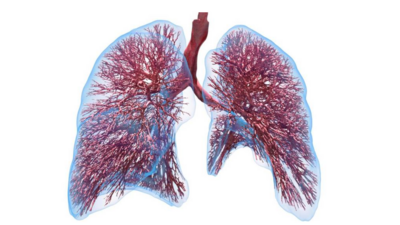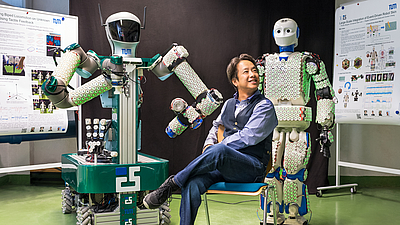Mit Hilfe dieser Cookies sind wir bemüht unser Angebot für Sie noch attraktiver zu gestalten. Mittels pseudonymisierter Daten von Websitenutzern kann der Nutzerfluss analysiert und beurteilt werden. Dies gibt uns die Möglichkeit Werbe- und Websiteinhalte zu optimieren.
| Name |
Zweck |
Ablauf |
Typ |
Anbieter |
|
_pk_id
|
Wird verwendet, um ein paar Details über den Benutzer wie die eindeutige Besucher-ID zu speichern.
|
13
Monate
|
HTML
|
Matomo
|
|
_pk_ref
|
Wird benutzt, um die Informationen der Herkunftswebsite des Benutzers zu speichern.
|
6
Monate
|
HTML
|
Matomo
|
|
_pk_ses
|
Kurzzeitiges Cookie, um vorübergehende Daten des Besuchs zu speichern.
|
30
Minuten
|
HTML
|
Matomo
|
|
_pk_cvar
|
Kurzzeitiges Cookie, um vorübergehende Daten des Besuchs zu speichern.
|
30
Minuten
|
HTML
|
Matomo
|
|
_pk_hsr
|
Kurzzeitiges Cookie, um vorübergehende Daten des Besuchs zu speichern.
|
30
Minuten
|
HTML
|
Matomo
|
